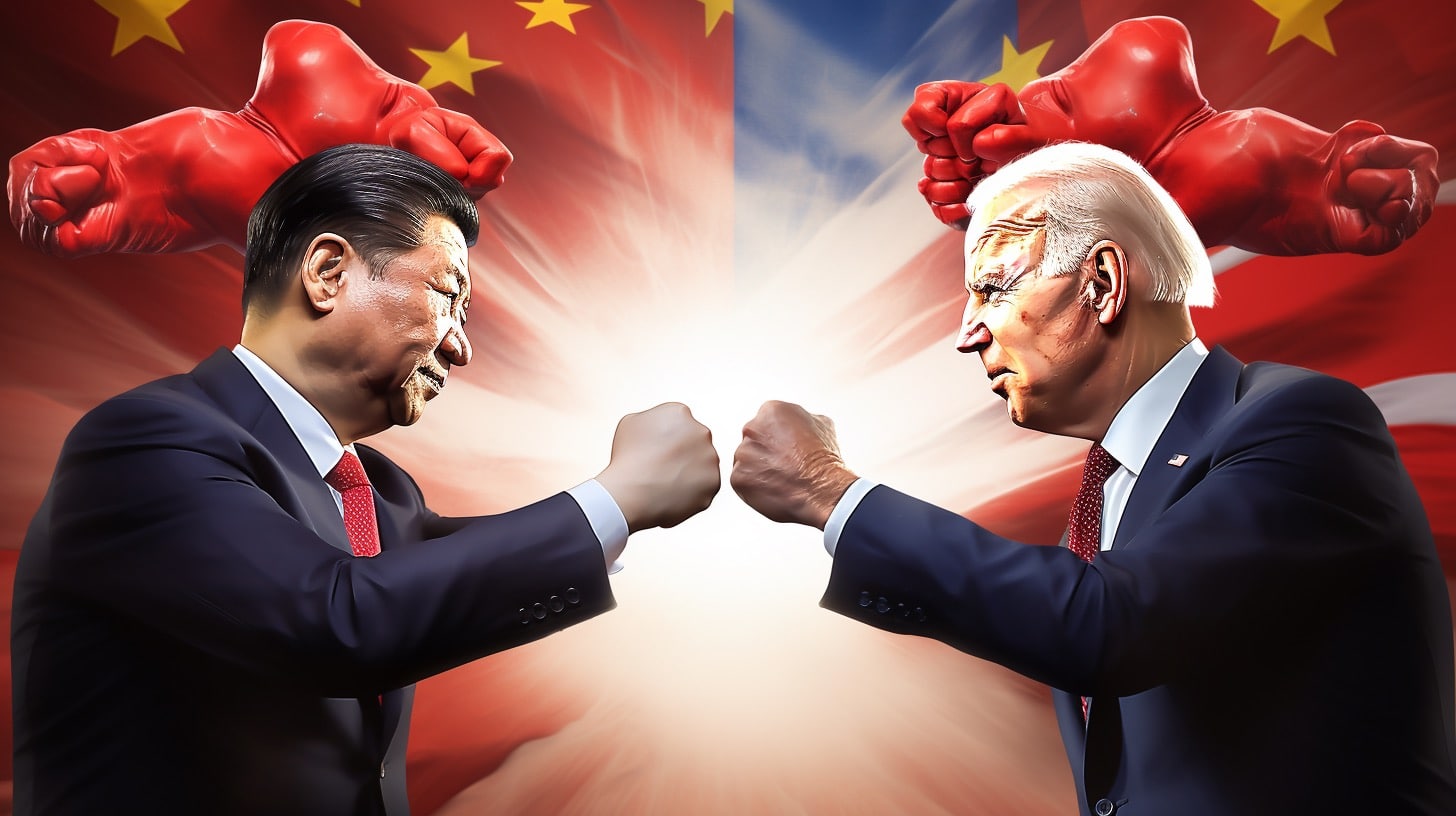Golden Week Travel Surge Masks Underlying Economic Strains
China’s annual Golden Week holiday from October 1 to 8 witnessed a robust domestic travel rebound, with total trips reaching 888 million and tourism revenue hitting 809.01 billion yuan ($113.63 billion), according to official data released in early October 2025. These figures represent increases of 1.8% and 7.6% respectively from the previous year, indicating sustained growth in travel demand despite a slowing pace compared to earlier holidays.
However, the growth rates are notably slower than those recorded during the May 1–5 holiday, which saw domestic trips and tourism revenue climb by 6.4% and 8%. Moreover, average spending per tourist during Golden Week remains approximately 3% below pre-pandemic levels, highlighting a persistent pressure on consumer expenditure within the tourism sector.
Fierce Price Competition Intensifies Challenges for Operators
While travel volumes surged, many accommodation providers reported significant revenue challenges due to aggressive price undercutting. Mix Shi, founder of PoshPacker Hostels in Chengdu, shared that despite full bookings, nightly rates were slashed by around 60% owing to even deeper discounts from nearby hotels.
“Excessive capital has flooded the hotel industry recently, creating intense competition,” Shi explained. “While this benefits travelers with more affordable options, it severely impacts smaller hostels’ profitability.” Chengdu, a major travel destination known for its Giant pandas and cuisine, ranked second only to Nanjing in tourism spending during the holiday but saw average hostel bed prices fall by over 20% to 80.99 yuan ($11.34).
Shanghai experienced a similar trend, with average bed prices dropping to 165.70 yuan ($23.27). These steep discounts underscore a price war that is squeezing margins and signaling deflationary tendencies within the travel sector.
Shifting Consumer Behavior and Travel Patterns
Chinese travelers increasingly book trips on short notice, often just one or two days in advance, as highlighted by Shi in Chengdu. This spontaneity is facilitated by China’s expansive high-speed rail and air network, where flight prices can occasionally undercut train fares.
Travelers also stagger their trips around the Golden Week to capitalize on lower prices. Data from Trip.com shows hotel rates in late September were approximately 20% cheaper than during the peak holiday week, while mid-holiday airfares dropped by over 30% compared to the start of the break.
Alibaba’s Fliggy platform reported a 14.6% year-over-year rise in average spending per travel booking, even as cheaper flights became available immediately following the holiday. Road trips also surged, with daily car trips averaging 304 million during the Golden Week.
Economic Implications Amid Soft Inflation and Retail Growth
Despite the travel boom, broader economic indicators suggest ongoing deflationary pressures. China’s consumer price index (CPI) fell 0.4% year-over-year in August, though core inflation excluding food and energy rose modestly by 0.9%. The tourism price segment increased 0.7% in August but declined slightly over the first eight months of 2025 compared to 2024.
Retail sales growth remains subdued, rising just 3.4% year-over-year in August and missing analyst expectations. Industry experts caution that while Golden Week provided a temporary boost to domestic demand, persistent softness in food and oil prices may delay a sustained inflation rebound.
“The Golden Week unleashed a wave of energy across China: record-breaking travel, booming business activity, and fresh spending trends all gave domestic demand a solid boost,” said Bruce Pang, adjunct associate professor at CUHK Business School. “Still, it might take a while before the CPI returns to positive year-on-year growth, as food prices and oil prices remain soft compared to their peak.”
FinOracleAI — Market View
China’s Golden Week travel surge highlights a complex dynamic in the domestic economy: strong consumer activity paired with intense price competition and muted inflation signals. While tourism volume and revenues grew, the underlying deflationary pressures could weigh on profitability for service providers and broader consumer spending patterns.
- Opportunities: Increased travel demand supports sectors such as hospitality, transport, and retail, potentially driving longer-term consumer confidence.
- Risks: Persistent price wars and discounting may erode profit margins for tourism operators, leading to consolidation or business failures.
- Continued softness in core inflation and retail sales growth could delay broader economic recovery and dampen investment sentiment.
- Shifts toward last-minute bookings and staggered travel may require adaptive strategies from service providers to optimize pricing and capacity utilization.
Impact: Neutral to negative. While travel volumes are robust, the intense price competition and weak inflation backdrop suggest caution for tourism sector profitability and broader economic momentum.













